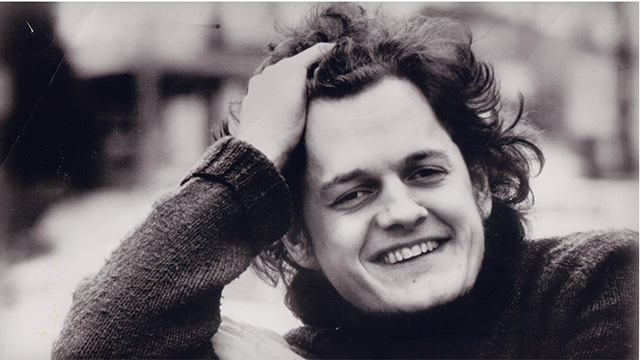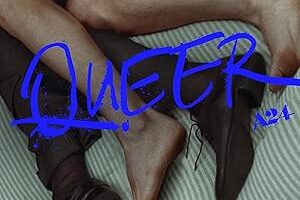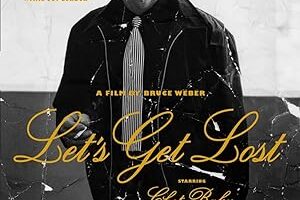Tropic Sprockets / Harry Chapin: When in Doubt, Do Something
By Ian Brockway
Harry Chapin (1942-1981) remains one of the most beloved performers of all time. Known for his Story songs in the tradition of Pete Seeger and Bob Dylan, Chapin was one of the few pop singers with a gift for poignant and heartfelt lyrics that were startlingly original and potent, telling of everyday experiences with the gravity of an epic.
A new documentary “Harry Chapin: When in Doubt, Do Something” directed by Rick Corn, chronicles the musician’s life. The film is lively and affectionate, presenting Chapin as an energetic and serious presence.
Chapin was born in New York City, the second of four children. His father is the famous percussionist Jim Chapin. Chapin’s parents divorced and his mother married editor Henry Hart, a distant and sometimes violent stepfather who believed in physical punishment. Chapin joined the choir and sang with his brothers Tom and Steve. They played ball for hours. The brothers started their own band and named themselves The Chapin Brothers, and they appeared on TV with Merv Griffin.
When the group became popular, the brothers could not find room for Chapin’s extra guitar. He went solo; history was made. The brothers were in awe of his pointed, yet empathetic lyrics, very rare in pop music. For inspiration, Chapin drew on his eclectic upbringing which put him in touch with many quirky painters, philosophers and writers. In this way, Chapin prefigures Lou Reed who sang poems about Andy Warhol and his circle.
Chapin worked in film for a time and made a boxing documentary which was considered for an Oscar, but music persistently called him.
Chapin hit worldwide fame with his song “Cat’s in the Cradle” which affectingly details the love between father and son. Ultimately, it is a song about pain, distance and isolation. Deceptively rhythmic and oddly upbeat in tempo, the final heartbreak in the song is percussive and few who have heard it can remain unmoved. The song started as a poem by Chapin’s wife, but the musician also said it echoed his relationship with son Josh, as Chapin was perpetually on the road.
The song has been quoted countless times in everything from Friends and Modern Family to The Simpsons. The catchy yet emotive song is woven into pop culture.
Pat Benatar recalls Harry Chapin as an extremely kind, somewhat absentminded bohemian who never carried any money. He is described by his family as a stream engine always going to the next show, a restless ball of energy.
When Chapin achieved fame, he met a catholic priest, Bill Ayres and from then on, the musician became consumed with eradicating world hunger. Chapin was obsessive and driven by this cause, doing hundreds of benefit shows each year, even to the detriment of his family life. Chapin became the premier musician /activist and he put his entire being into the pursuit.
Chapin was driving to one such show, when a truck slammed into his VW Rabbit and killed him.
Both Bruce Springsteen and Billy Joel recall him as a kind yet fierce person who gave his heart to his music. Darryl McDaniels of rap group Run DMC credits Chapin for awaking his own personal expression. Chapin’s ghost and spiritual intent was most definitely felt within “We Are the World” and Farm Aid.
This documentary fully illustrates the man behind the two iconic songs “Cat’s in the Cradle” and “Taxi.”
Harry Chapin emerges as a restless battery for social change—ferocious in kindness with a twinkling poetic allure.
Write Ian at [email protected]
[livemarket market_name="KONK Life LiveMarket" limit=3 category=“” show_signup=0 show_more=0]




No Comment